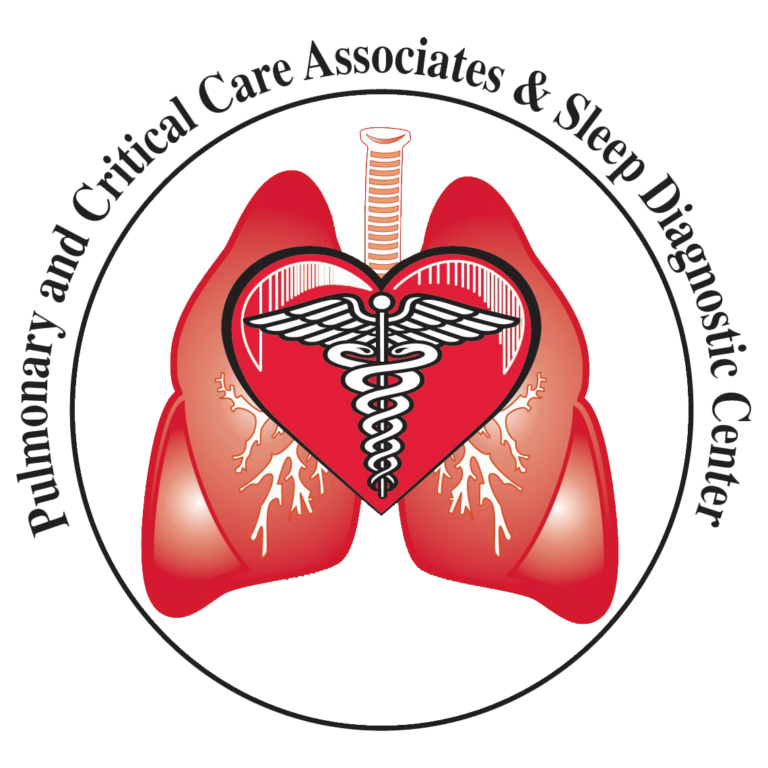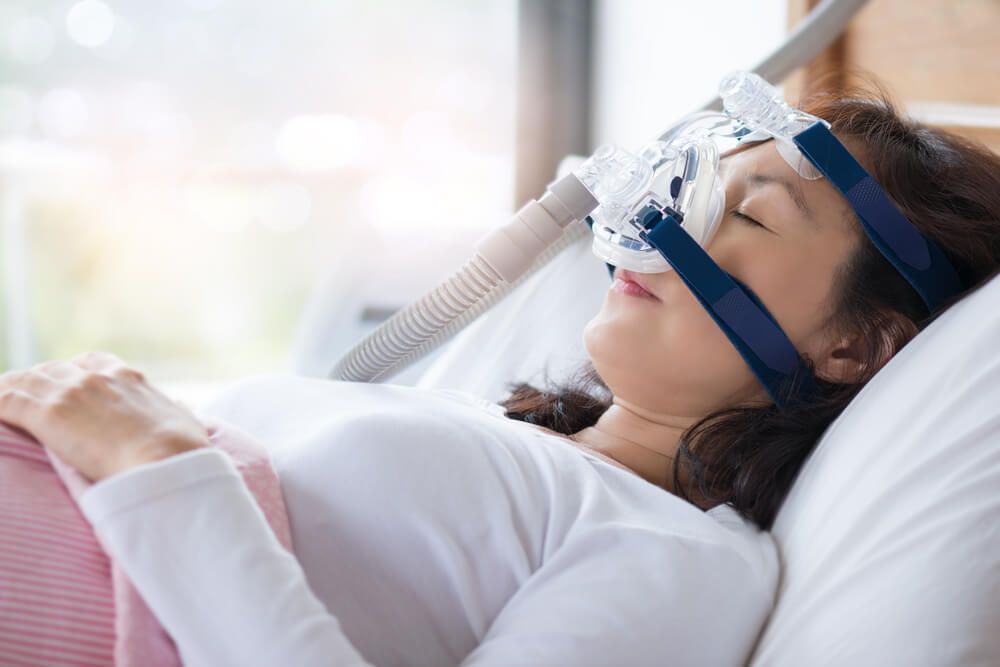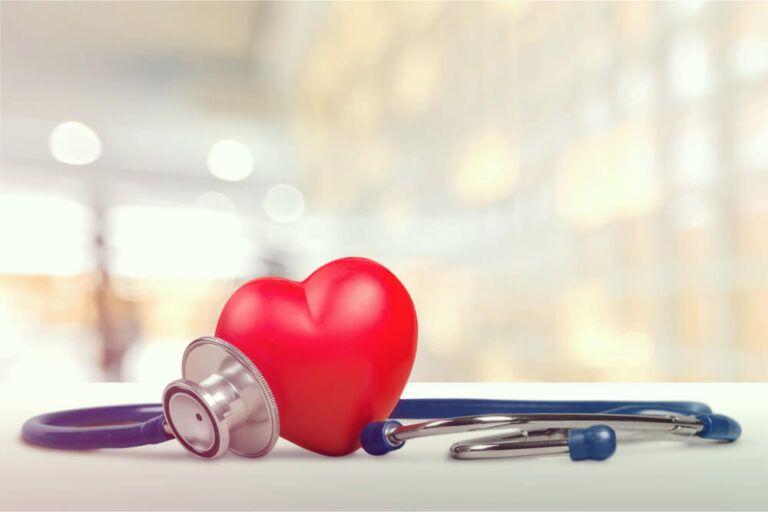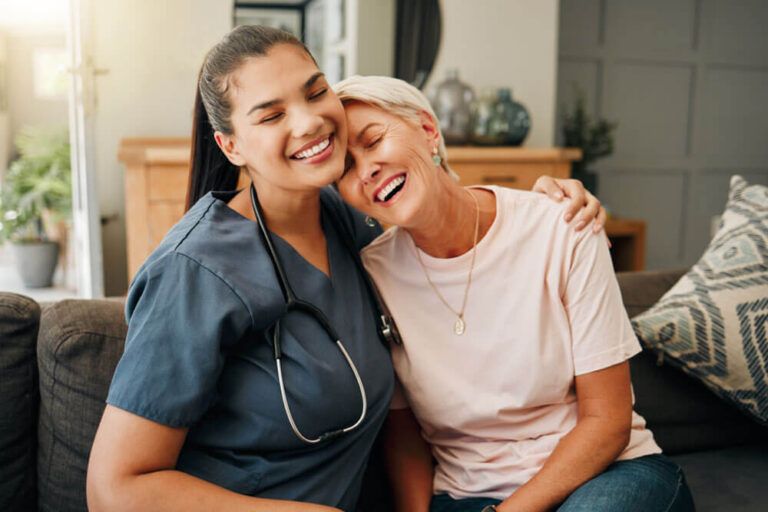There are many different types of sleep apnea, including obstructive sleep apnea (OSA) and central sleep apnea (CSA). In obstructive sleep apnea, a child struggles to inhale properly because the airway is partially collapsed. In central sleep apnea, a child’s brain fails to send signals to breathe, resulting in short periods of sleep when he or she is unable to breathe at all.
Insert before and after photos here
Did you know…
between 1 and 4 percent of all children have sleep apnea? Though it can occur in kids of any age, it is most common in children between the ages of 2 and 8. Children who are overweight or have enlarged tonsils or adenoids are at the greatest risk of developing OSA, which is the most common type of sleep apnea in children. However, some kids with OSA also develop central sleep apnea – a condition known as mixed sleep apnea.
Frequently Asked Questions
How do I know if my child has sleep apnea?
A child with sleep apnea will show signs of labored breathing. Often, this includes snoring, pauses between breaths and gasping. During the day, a child with sleep apnea may be drowsy or have difficulty staying awake due to restless sleep during the night.
What should I do if I think my child has sleep apnea?
Prolonged pauses between breathing can be a serious problem in children. Bring your child to a pediatric pulmonologist for a complete evaluation and diagnosis. The doctor will examine your child and may take x-rays of the upper respiratory tract to identify any potential obstructions. In some cases, an overnight sleep study may be necessary to confirm a diagnosis.
What are the treatments for sleep apnea?
Treatment for sleep apnea varies depending on the type of apnea a child has. For example, obstructive sleep apnea is typically easily resolved with continuous positive airway pressure (CPAP), which is administered at night using a specialized mask. Central sleep apnea, however, is more complicated and may require oxygen supplementation or assisted breathing to treat.






